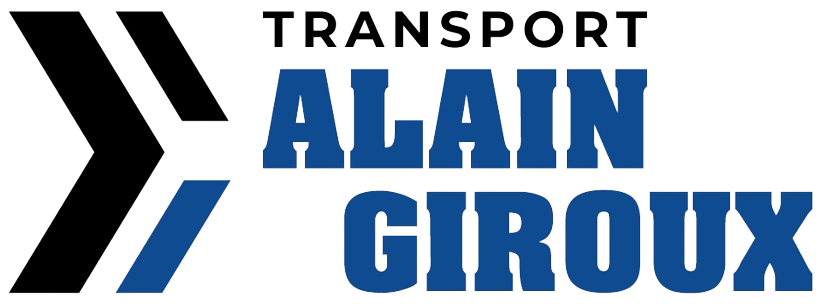At Transport Hervé Lemieux, transportation management is our specialty. Not only do we understand the importance of our services, we are also notably aware of the impact that the current skilled labour crisis, especially the shortage of diesel mechanics and class 1 drivers, has on the industry and the economy at large.
The Transportation industry is the backbone of modern economies, ensuring the smooth and efficient movement of goods. However, this crucial sector is grappling with a significant challenge: a growing shortage of skilled labour. Particularly alarming is the scarcity of diesel mechanics and Class 1 drivers. These roles are vital for maintaining and operating the vast fleet of trucks and commercial vehicles that traverse our highways, yet the talent pool for these positions is shrinking. Understanding the causes and implications of this shortage, as well as exploring potential solutions, is imperative for the industry’s future and Transport Hervé Lemieux’s continued stability and growth.
The Scope of the Problem
At Transport Hervé Lemieux we believe that the shortage of skilled labour in the transportation industry is multifaceted, affecting various roles across the sector. However, diesel mechanics and Class 1 drivers are experiencing some of the most severe shortages.
Causes of the Shortage
In our humble opinion and experience, several factors contribute to the shortage of skilled labour in these critical areas. Let’s take a closer look at some of these particular causes.
- Aging Workforce: Both diesel mechanics and Class 1 drivers are aging demographics. Many are nearing retirement age, and there are not enough younger workers entering the field to replace them. This generational gap is a significant contributor to the shortage.
- Training and Certification Barriers: Becoming a diesel mechanic or a Class 1 driver in Canada requires completion of an apprenticeship program, specialized training, trade certification and/or a combination of training and work experience over a period of four years to be eligible for certification. Class 1 drivers must pass several knowledge and road tests to obtain their license and have a good driving record. These barriers can deter potential entrants who may opt for less demanding career paths.
- Work Conditions: The work conditions for diesel mechanics and Class 1 drivers can be demanding. Long hours on the road, extended periods away from home, and physically demanding tasks are all part of the job. These conditions can be deterrents, especially in an era where work-life balance is increasingly prioritized.
Implications of the Shortage
The shortage of skilled diesel mechanics and Class 1 drivers has far-reaching implications for the transportation industry and the broader economy. Below are the implications that we, at Transport Hervé Lemieux, think are the most relevant.
- Operational Inefficiencies: Without enough diesel mechanics, trucks are more likely to experience delays due to maintenance issues. This can lead to increased downtime and higher operational costs for trucking companies.
- Supply Chain Disruptions: A lack of Class 1 drivers means fewer trucks on the road, leading to delays in deliveries and potential disruptions in the supply chain. This can affect everything from retail inventory levels to manufacturing processes.
- Increased Costs: The scarcity of skilled labour drives up wages, which, while beneficial for workers, increases costs for employers. These costs are often passed on to consumers in the form of higher prices for goods and services.
Addressing the Shortage
At Transport Hervé Lemieux, we believe that tackling the shortage of skilled labour in the transport industry requires a multifaceted approach. Here are a few of these approaches :
- Enhanced Training Programs: Expanding access to and funding for training programs can help attract new entrants to the field. Partnerships between industry players and educational institutions can create more streamlined and attractive pathways to careers as diesel mechanics and Class 1 drivers.
- Modernizing Perceptions: Changing the public perception of these careers through targeted marketing campaigns that highlight the importance, benefits, and advancements in the industry can attract younger workers.
- Improving Work Conditions: Enhancing the work conditions for mechanics and drivers, such as offering more flexible schedules, better benefits, and improved safety measures, can make these careers more appealing.
Conclusion
At Transport Hervé Lemieux, we have no doubt that the shortage of skilled diesel mechanics and Class 1 drivers presents a significant challenge for the transportation industry. We are of the opinion that addressing this issue requires concerted efforts from industry stakeholders and educational institutions. By investing in training, changing perceptions and improving working conditions, the industry can ensure a robust and resilient workforce ready to meet the demands of a dynamic and essential sector.



